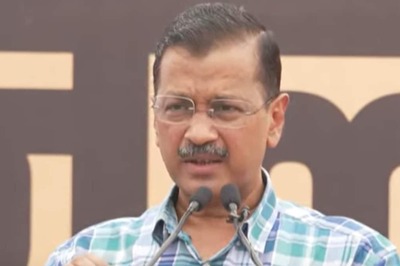
views
As the new year approaches, it’s essential to reflect on the transformative shifts introduced by the Reserve Bank of India (RBI) in the banking sector during 2023. Several noteworthy changes have reshaped the financial landscape, signifying a dynamic year for the RBI.
Demonetisation Of Rs 2000 Notes
One of the most significant moves was the demonetization of the Rs 2000 note, announced by the RBI on May 19, 2023. While the circulation was not halted immediately, the central bank provided a four-month window for individuals to return their Rs 2000 notes, marking a strategic shift in currency dynamics.
Increased Risk Weight On Unsecured Loans
Addressing concerns about unsecured loans, the RBI implemented a substantial change by increasing the risk weight on unsecured consumer loans. The risk weight on Non-Banking Finance Companies (NBFCs) was elevated by 25 per cent, moving from 100 per cent to 125 per cent. This proactive measure aimed to tackle the challenges associated with the surge in unsecured loans.
Increased Transaction Limit
In a move towards fostering financial inclusivity, the RBI raised the transaction limit on the Unified Payment Interface (UPI) in 2023. Specifically, the transaction limit for educational and hospital payments was increased to Rs 5 lakh, a significant jump from the previous cap of Rs 1 lakh per transaction. This initiative sought to facilitate more substantial and seamless financial transactions, particularly in critical sectors.
No Change In The Repo Rate
Contrary to other changes, the RBI maintained the repo rate at 6.5 per cent throughout 2023. This decision, taken by the Monetary Policy Committee within the RBI, marked the fifth consecutive time that the repo rate remained unchanged. The last repo rate hike was reported in February 2023. The repo rate, a key tool in monetary policy, plays a pivotal role in influencing borrowing costs and overall economic conditions.
These strategic measures underscore the RBI’s commitment to adapting to evolving economic landscapes and fostering financial stability in the banking sector.




















Comments
0 comment